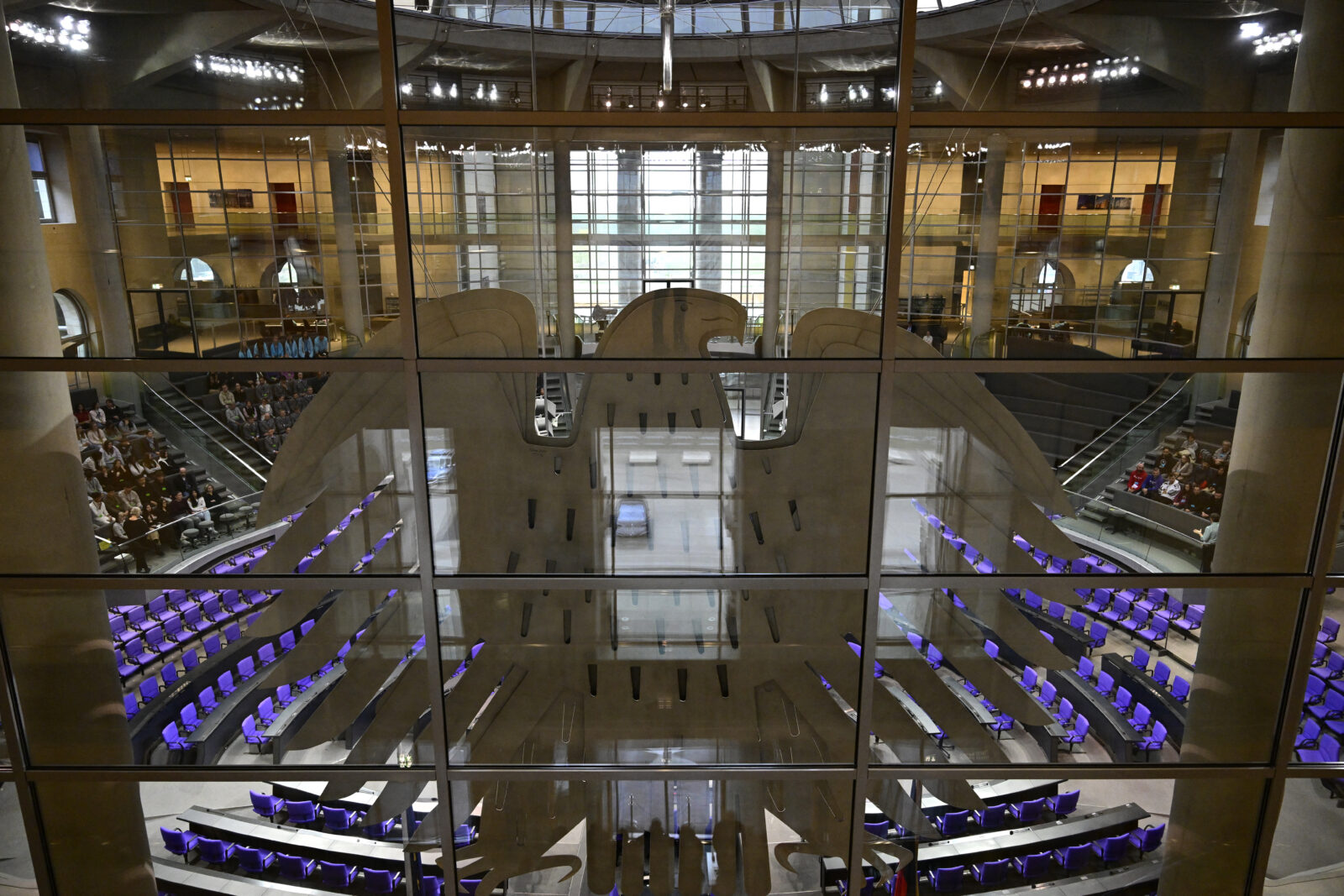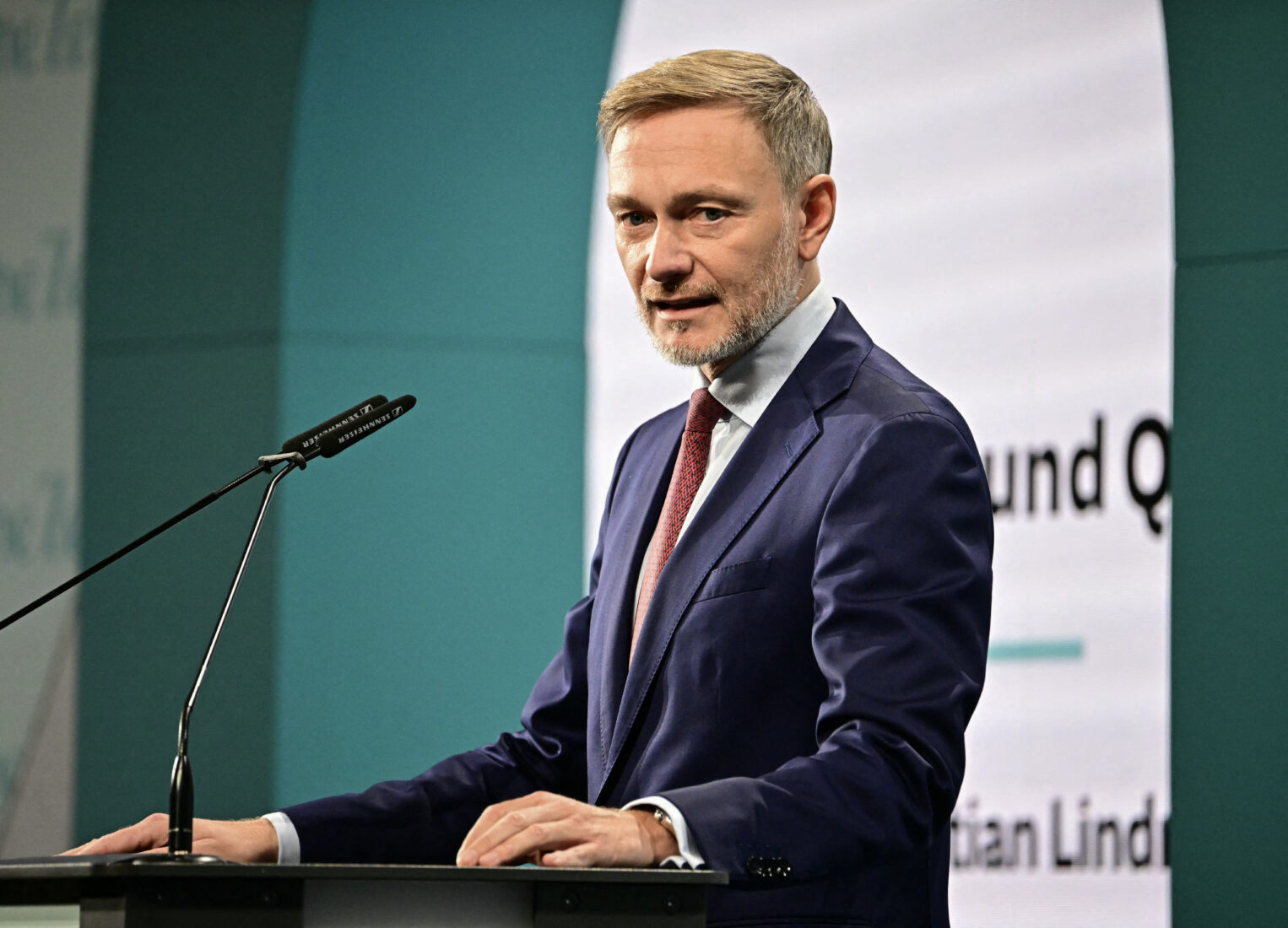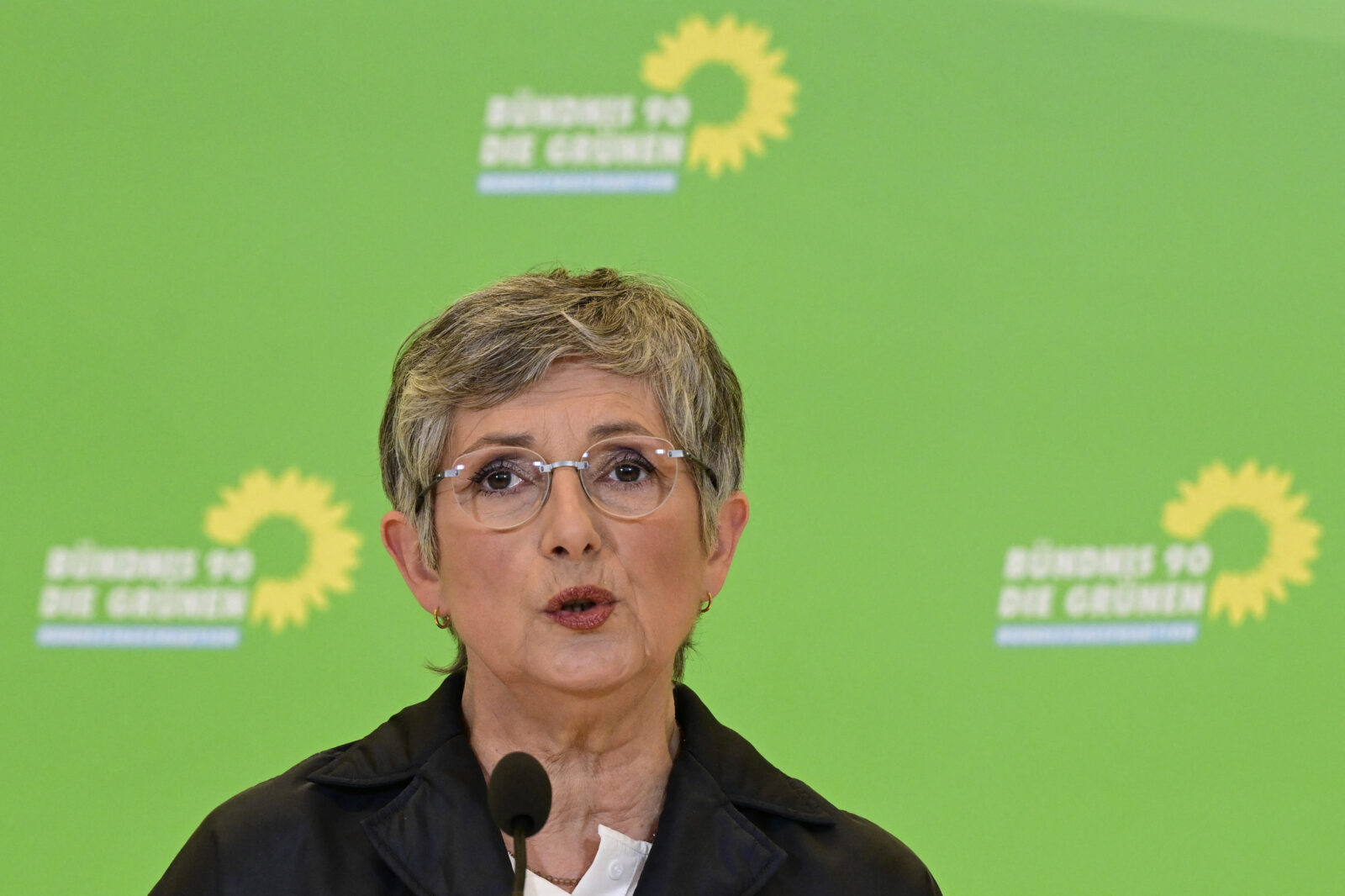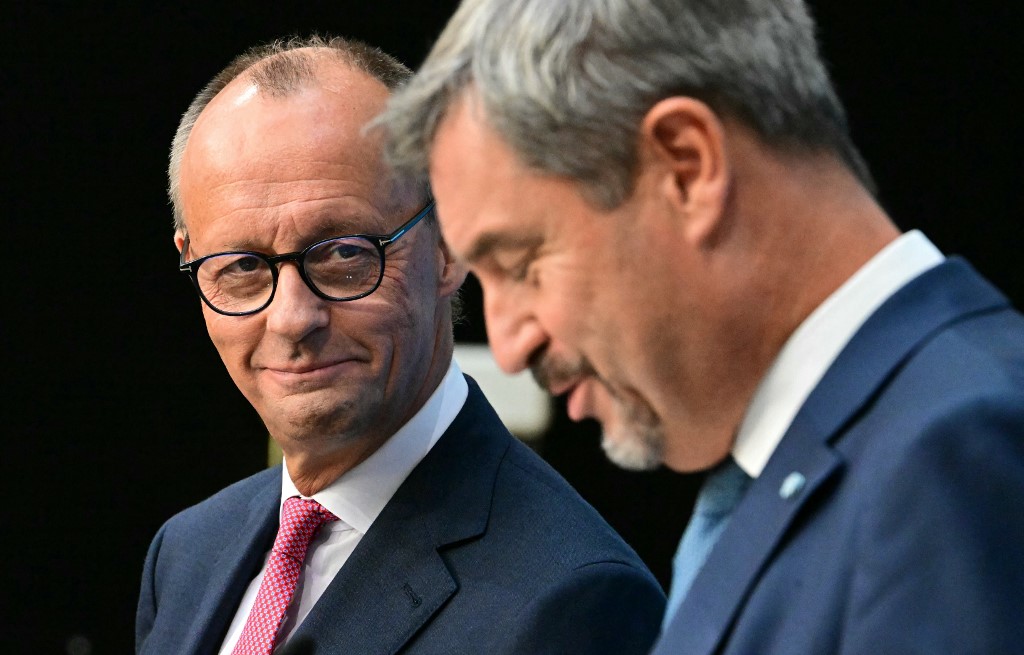Germany to hold snap election on Feb. 23 after coalition collapse
 German Chancellor Olaf Scholz gives a statement at the Chancellery in Berlin on November 6, 2024, after the US presidential elections. (AFP Photo)
German Chancellor Olaf Scholz gives a statement at the Chancellery in Berlin on November 6, 2024, after the US presidential elections. (AFP Photo)
Germany is set to hold a snap election on February 23, 2025, following an agreement between Chancellor Olaf Scholz‘s Social Democratic Party (SPD) and the main opposition Christian Democrats (CDU/CSU).
The election date must still be confirmed by President Frank-Walter Steinmeier, who plays a key role in the dissolution of parliament and scheduling of new elections.

Coalition collapse leads to early elections
The decision for early elections comes less than a week after the collapse of Scholz’s coalition government, which had included the SPD, the Greens, and the liberal Free Democrats (FDP).
Tensions within the coalition had escalated over disagreements on economic policy, culminating in the dismissal of Finance Minister Christian Lindner and the subsequent withdrawal of the FDP, leaving the government without a majority.
Germany cannot remain in this state of limbo out of fear of the voters. The people must now make the decision about direction that the Scholz government was not capable of.
Christian Lindner


Opposition pushes for quick resolution
Chancellor Scholz initially proposed an election in late March, but the CDU/CSU pushed for an earlier date, citing the need for swift resolution amid the economic downturn and heightened geopolitical instability.
The conservative opposition currently leads in opinion polls, with its leader Friedrich Merz advocating for a prompt election timeline.
If the Chancellor still has any respect for the institutions of our state, then this week, after his government statement on Wednesday, he will present the Vertrauensfrage (vote of confidence). Anything else is a further, unacceptable damage to the office.”
Friedrich Merz

Germany’s economic and geopolitical uncertainty
The snap election comes as Europe‘s largest economy faces a likely recession for the second consecutive year.
Political uncertainty has added to concerns over Germany’s economic outlook, compounded by ongoing conflicts in Ukraine and the Middle East.
The election campaign is expected to coincide with the inauguration of U.S. President Donald Trump on January 20, which may influence the dynamics of international relations and Germany’s foreign policy.



